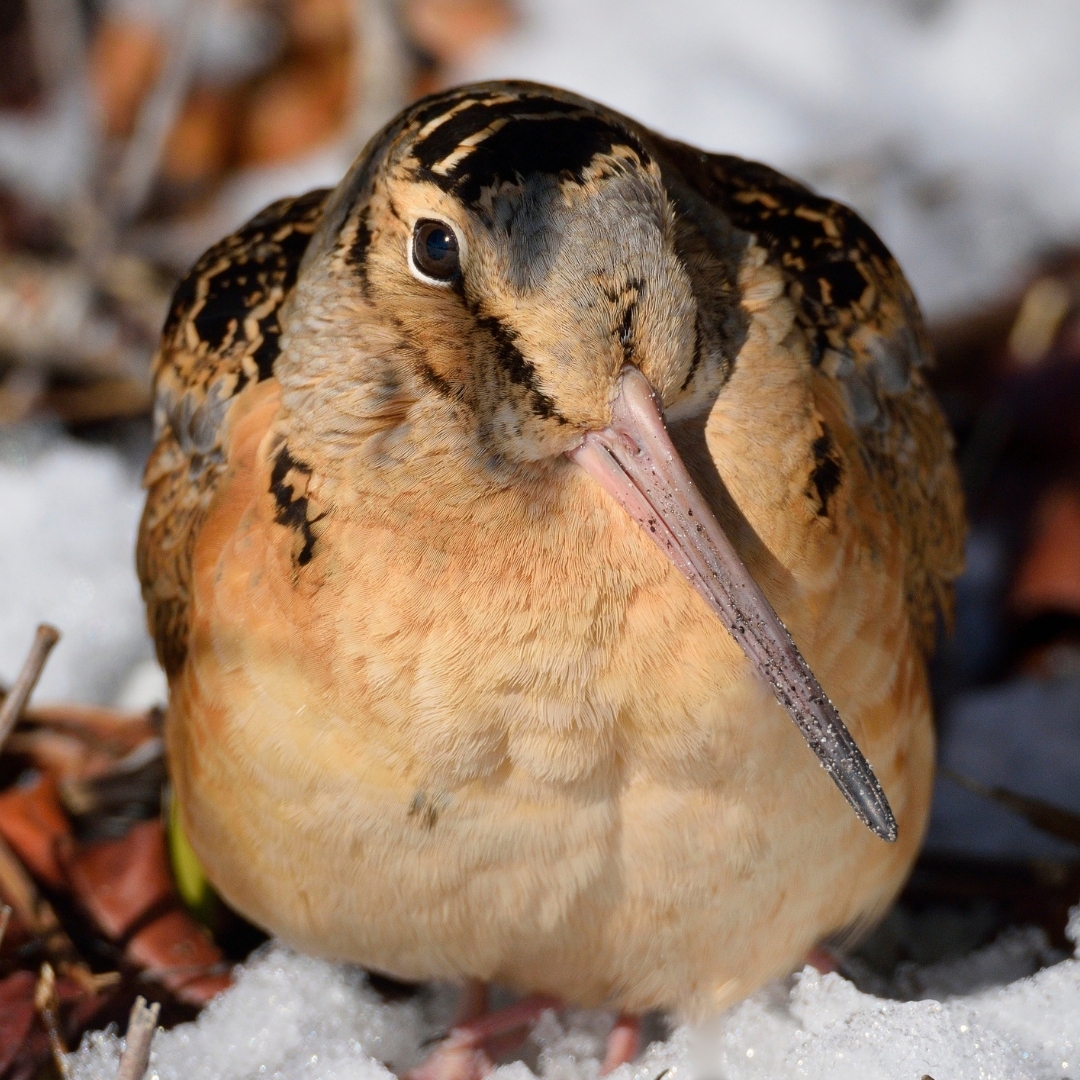Recovering America's Wildlife Act
While the American System of Conservation Funding (ASCF) remains the benchmark for conservation funding models around the world, it has become clear that state fish and wildlife agencies require more resources than sportsmen and women can provide through the ASCF. Through the creation of State Wildlife Action Plans (SWAPs) which are essentially conservation roadmaps for each state’s Species of Greatest Conservation Need (SGCN), state fish and wildlife management agencies have identified strategies needed to meet critical conservation objectives.




